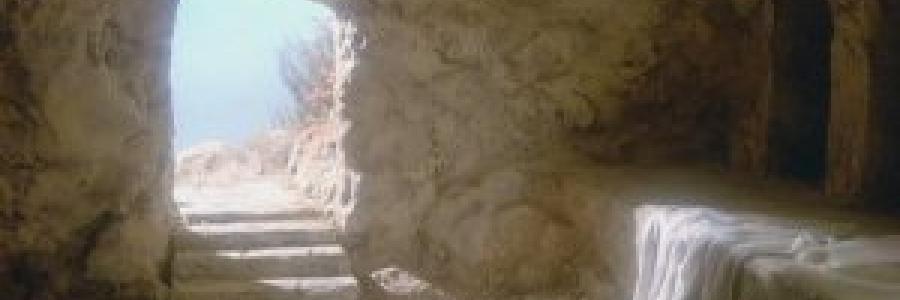 (Originally posted March, 2012.)
(Originally posted March, 2012.)
April 5 is Easter, when Christians worldwide celebrate the resurrection of Jesus Christ from the dead. We gather the first day of every week throughout the year for this same purpose, but Easter Sunday marks the anniversary of the event.
Or does it? “No, no,” some insist, “not the anniversary of the event, the commemoration of the experience.”
It has become something of a rite of spring for some leading voice among this or that mainline Christian denomination to assure the world that the resurrection of Jesus was not a historic event. In March 2008, for instance, the Dean of Perth at St. George’s Anglican Cathedral, the Very Reverend John Shepherd, insisted that “the resurrection of Jesus ought not to be seen in physical terms, but as a new spiritual reality.” He urged his hearers to understand that it is “important for Christians to be set free from the idea that the resurrection was an extraordinary physical event which restored to life Jesus’ original earthly body.” The physical resurrection of Jesus is not only unessential to Reverend Shepherd’s faith, it is apparently something of an encumbrance.
The fourth article in the Thirty Nine Articles of Religion—not long ago the Anglican Church’s official creed—claims that “Christ did truly rise again from death, and took again his body, with flesh, bones, and all things appertaining to the perfection of Man’s nature.” But not to worry, the Very Reverend John Shepherd assures us, religion is always evolving. Old, dusty documents like the Articles should not be permitted to exercise undue influence upon our enlightenment.


 (Originally posted March, 2012.)
(Originally posted March, 2012.)

Discussion